Apple files countersuit against Epic Games seeking punitive damages
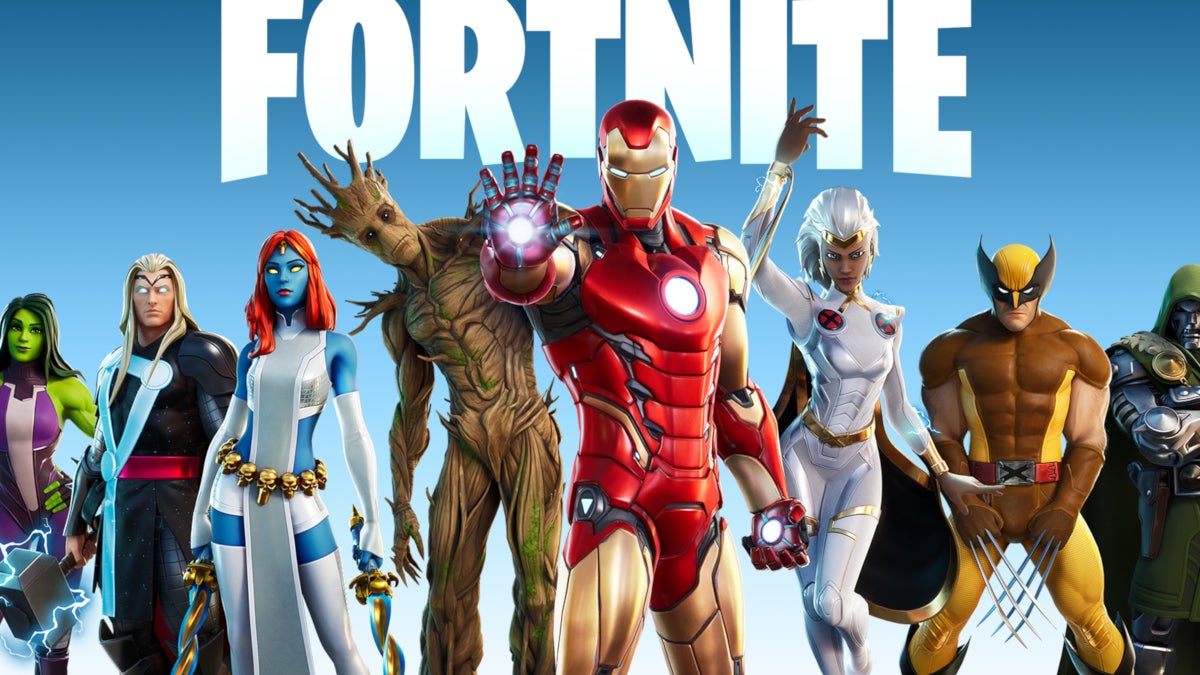
Last week, developer Epic Games filed a lawsuit seeking to have its popular game Fortnite reinstated in the App Store. At the same time, Epic wants to have its iOS and macOS developer accounts reopened. Apple removed the game from its iOS app storefront and closed Epic's developer accounts after the developer allowed Fortnite users who downloaded the game from the App Store, to pay Epic directly for a subscription thus bypassing Apple's platform and the 30% cut that the tech giant would normally receive. Epic notes that 33% of Fornite players access the game through the Apple App Store.
Unlike Epic, Apple seeks damages from its countersuit against Epic Games
To obtain a listing in the App Store, developers like Epic usually agree to give Apple a 30% cut of any in-app purchases. This so-called Apple Tax is considered anti-competitive because Apple does not allow iOS users to download apps from third-party app stores. Users are locked into using the App Store. Therefore, what Epic did is considered a major violation in Apple's eyes; by closing Epic's developer accounts, it prevented the developer from sending out updated versions of Fortnite to iPhone users. It also stops Epic from offering its Unreal Engine, which is a game engine used by developers and helps them create 3D games.
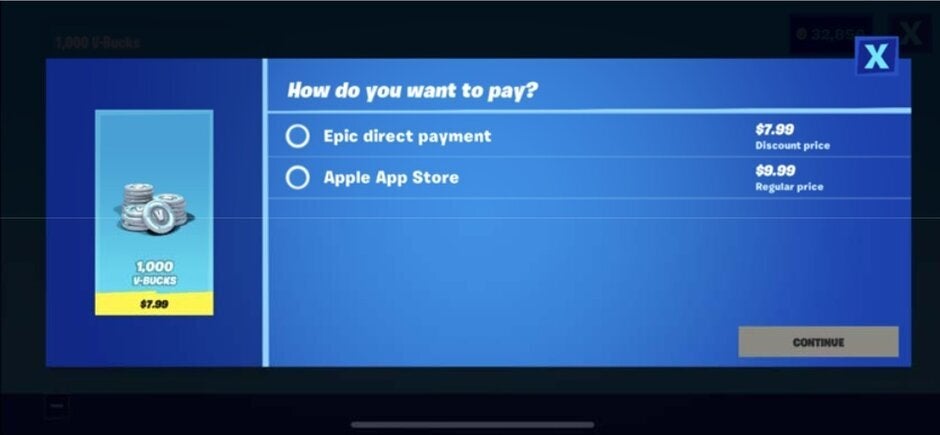
Epic Games offers its own direct payment system to those who installed Fortnite from the App Store. That's a no no according to Android
When Epic filed its suit, the company said that it wasn't looking for Apple to handle app distribution for free. It simply wanted "not to use Apple's App Store or IAP (in-app payment), and instead to use and offer competing services." Today, Apple countersued Epic Games accusing the developer of breach of contract when it unveiled its own in-game payment system. In its filing submitted to the court on Tuesday, Apple said, "Although Epic portrays itself as a modern corporate Robin Hood, in reality it is a multibillion-dollar enterprise that simply wants to pay nothing for the tremendous value it derives from the App Store." Apple also took a shot at Tencent; the giant tech firm owns 40% of Epic and Apple pointed out that Tencent's app store is one of the largest in the world.
Apple seeks punitive damages and also wants to block Epic from what it calls unfair business practices. Last weekend, responding to a suit filed by Epic, U.S. District Judge Yvonne Gonzalez Rogers told Epic's attorney Katherine Forrest that the developer "...cannot have irreparable harm when you create the harm yourself." In other words, the judge says Epic created its own problem by failing to adhere to Apple's demands.
Google also kicked Fortnite out of the Google Play Store for the same reason that Apple booted the game out of the App Store. Like Apple, Google takes a 30% cut of in-app purchases and doesn't take too kindly to developers trying to avoid paying its 30% cut. The difference between Apple and Google though is that Android users are allowed to sideload apps using a third-party app store such as Amazon's Appstore.
On September 28th, Epic will present its case in court for a preliminary injunction against Apple. As the developer's lawyers laid out in its court filing, "Apple is a monopolist. It controls all app distribution on iOS. It controls all in-app payment processing for digital content on iOS. It unlawfully maintains these two monopolies by explicitly prohibiting any competitive entry in either market. It is highly likely to lose this case. On this motion, however, all Epic seeks is for the Court to stop Apple from retaliating against Epic for daring to challenge Apple’s misconduct. As set out in more detail in the Complaint, on August 13, 2020, Epic ceased complying with one of Apple’s anti-competitive rules: it offered players of its popular game, Fortnite, the option of lower prices on in-app purchases using a competing payment processor. This was a necessary first step on the long road to freeing consumers and developers from Apple’s decade-long monopolistic grip over app distribution and in-app payment processing on iOS."
Epic is taking the position that what it is doing is for the benefit of game players and other developers besides itself. It will be interesting to see how this legal issue develops over time.
Follow us on Google News






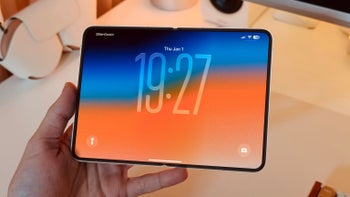

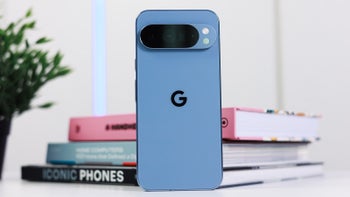

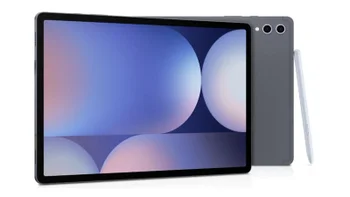
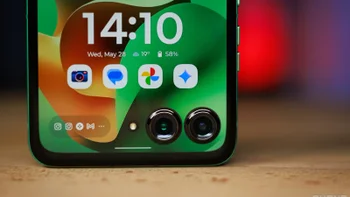
Things that are NOT allowed:
To help keep our community safe and free from spam, we apply temporary limits to newly created accounts: